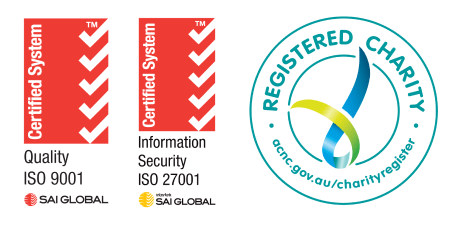Date
Cost
Available to
Continuing Professional Development
RACGP and ACRRM accreditation will be applied for. RACGP / ACRRM members who attend all 7 sessions will be eligible to receive 7 hours for a Reviewing Performance activity under the Peer-Group Learning model. Members who attend fewer than 7 sessions, will receive an attendance certificate to self-report their CPD hours.
Western Victoria Primary Health Network (WVPHN) invites all primary care clinicians to join our Project ECHO – Emergencies in Primary Care Series. Weekly ECHO sessions are held on Tuesday mornings from 7:30am – 8:30am and commence on 14 October 2025. Get ready for a dynamic series of 7 emergency-focused education sessions designed to sharpen your clinical instincts and prepare you for the unexpected.
The upcoming sessions cover:
- Session 5: Tuesday 18 November 2025 – “Silver Alerts: Emergency Care in Aged Care Settings”
- Session 6: Tuesday 25 November 2025 – “Virtual Triage: Managing Emergencies Through the Screen”
- Session 7: Tuesday 2 December 2025 – “Doctor’s Bag Decoded: Red Flags, Rapid Fire & Holiday Hazards”
*Please note: Session topic are subject to change based on speaker availability and emerging priorities.
Each session features subject matter experts who will provide concise updates, practical tips, and review the latest guidelines to enhance your practice. Engage in case-based discussions and gain actionable insights to improve patient experiences and outcomes. Discuss real-world challenges in care planning and practice with peers.
Why Attend?
- Interactive Learning: Engage with peers and experts in a collaborative environment.
- Accredited Series: Earn points with RACGP and ACRRM by reviewing performance.
- Community-Driven Topics: Focus on what your peers are most interested in.
- Join us for a series of engaging and informative sessions.
Learning outcomes:
- Apply knowledge to confidently manage common emergency situations in primary care through case-based discussions and peer learning.
- Demonstrate an understanding of different models of emergency care including telehealth and the Victorian Virtual Emergency Department (VVED), to evaluate their suitability in various clinical contexts.
- Examine and develop a practice and regionally-specific disaster and public health emergency preparedness plan
- Engage in a community of practice to review, interpret, and implement strategies for emergency preparedness and response in primary care settings.






